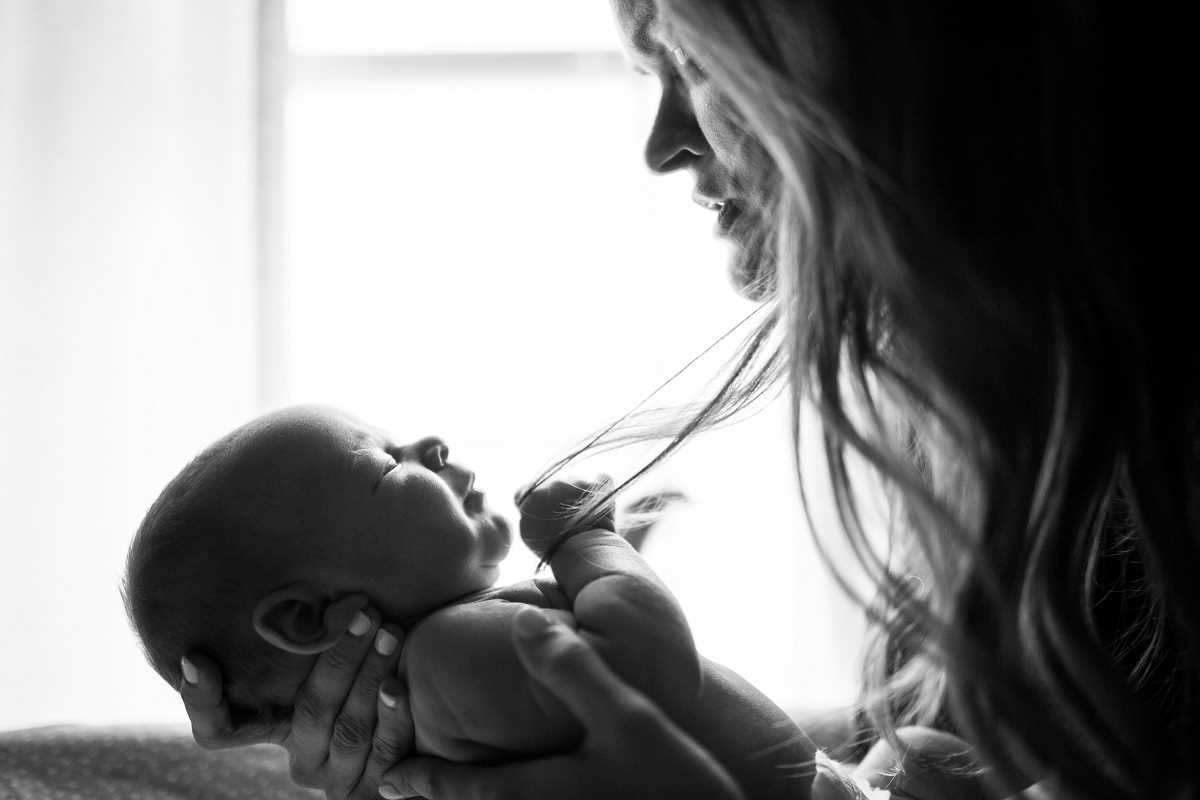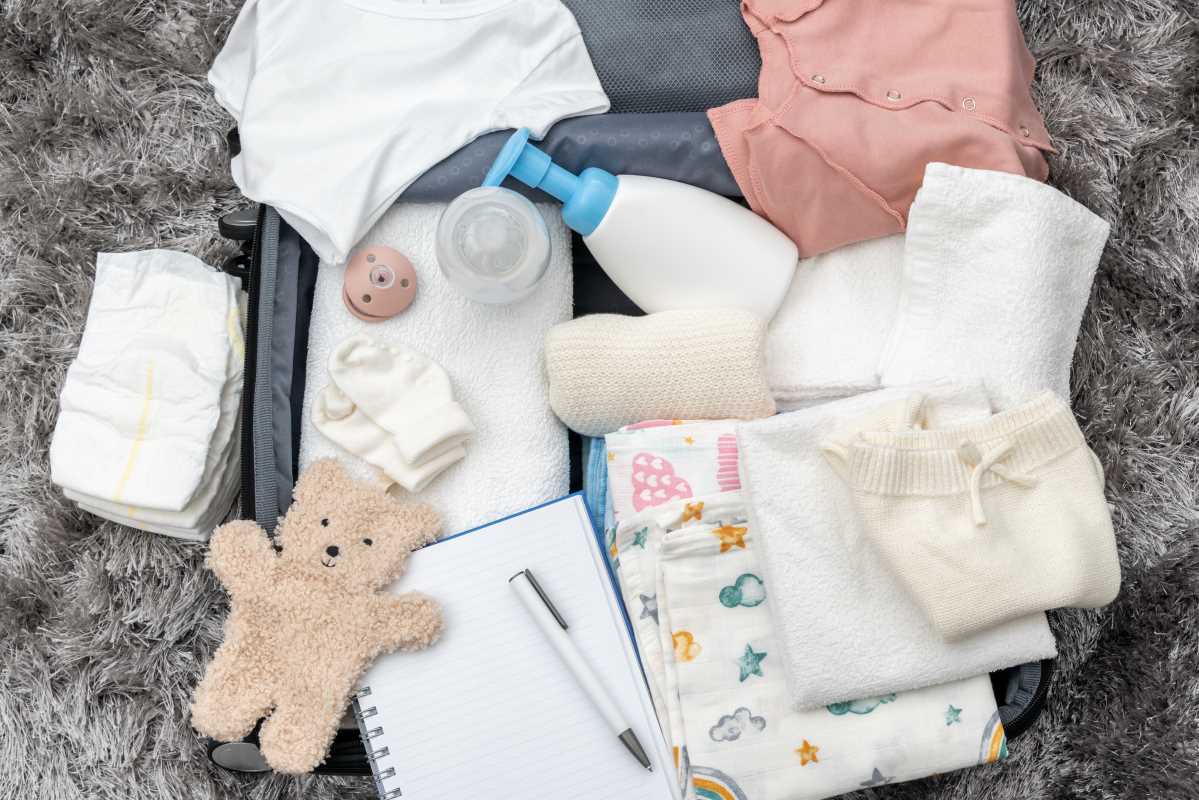Becoming a new parent is a rewarding but challenging experience. During the postpartum period, mothers often face physical, emotional, and mental changes that require support and understanding. Here are some tips on how to create a supportive environment for postpartum wellness.
Understanding Hormonal Changes
After giving birth, a woman's body goes through significant hormonal changes. The sudden drop in hormones can lead to mood swings, sadness, and anxiety. Providing emotional support, reassurance, and understanding can help the new mother navigate these changes with ease.
Encouraging Rest and Self-Care
Sleep deprivation is common for new parents, leading to exhaustion and added stress. Encouraging the new mother to prioritize rest, nap when the baby sleeps, and practice self-care can significantly improve her overall well-being during this challenging time.
Offering Practical Support
Juggling household chores, caring for a newborn, and managing postpartum recovery can be overwhelming. Offering practical support such as preparing meals, doing laundry, or watching the baby for a few hours can provide much-needed relief and allow the new mother to focus on her recovery.
Promoting Open Communication
Creating a supportive environment for postpartum wellness involves promoting open communication. Encourage the new mother to express her feelings, fears, and concerns without judgment. Active listening and empathy are key to understanding her needs and providing the necessary support.
Connecting with Other Parents
Joining a new parents' group or attending postpartum support meetings can help the new mother connect with others who are going through similar experiences. Building a community of support can reduce feelings of isolation and provide a sense of belonging during this transitional period.
Encouraging Professional Help When Needed
Sometimes, despite the best efforts, postpartum depression or anxiety may develop. Encourage the new mother to seek professional help if she experiences persistent feelings of sadness, anxiety, or hopelessness. Therapy, counseling, or medication can play a crucial role in her recovery.
Creating a supportive environment for postpartum wellness is essential for the well-being of both the new mother and the baby. By understanding the challenges new parents face, offering practical support, promoting open communication, and encouraging self-care, you can help the new mother navigate the postpartum period with resilience and strength.
Featured image via Pixel-Shot/Adobe Stock
 (Image via
(Image via




